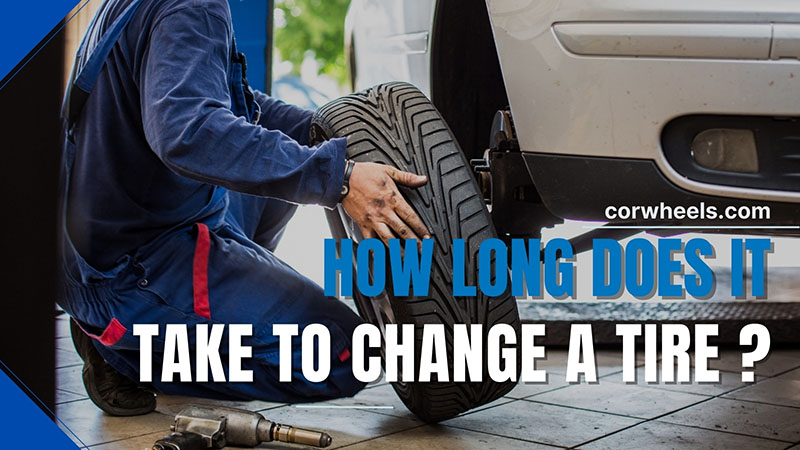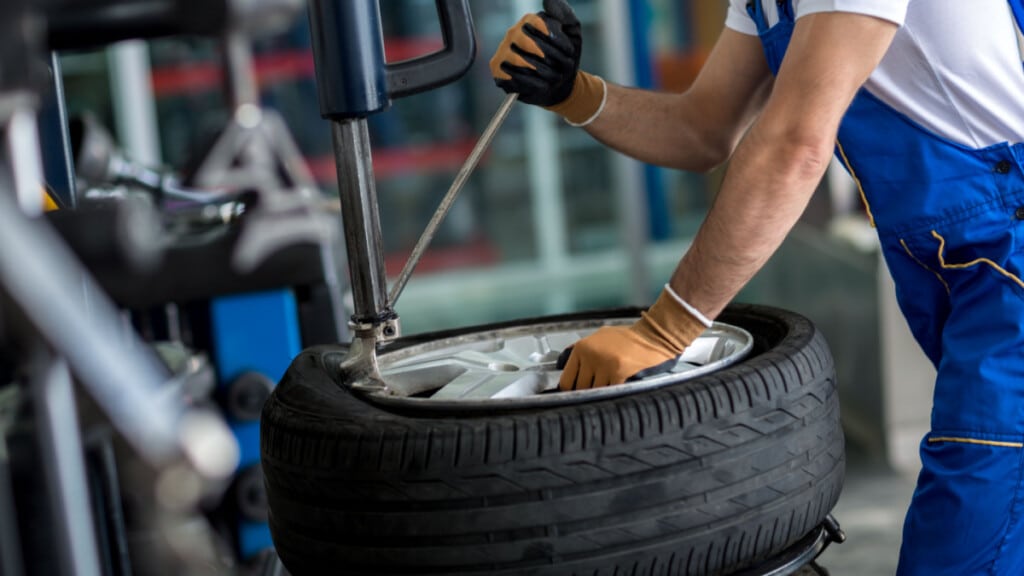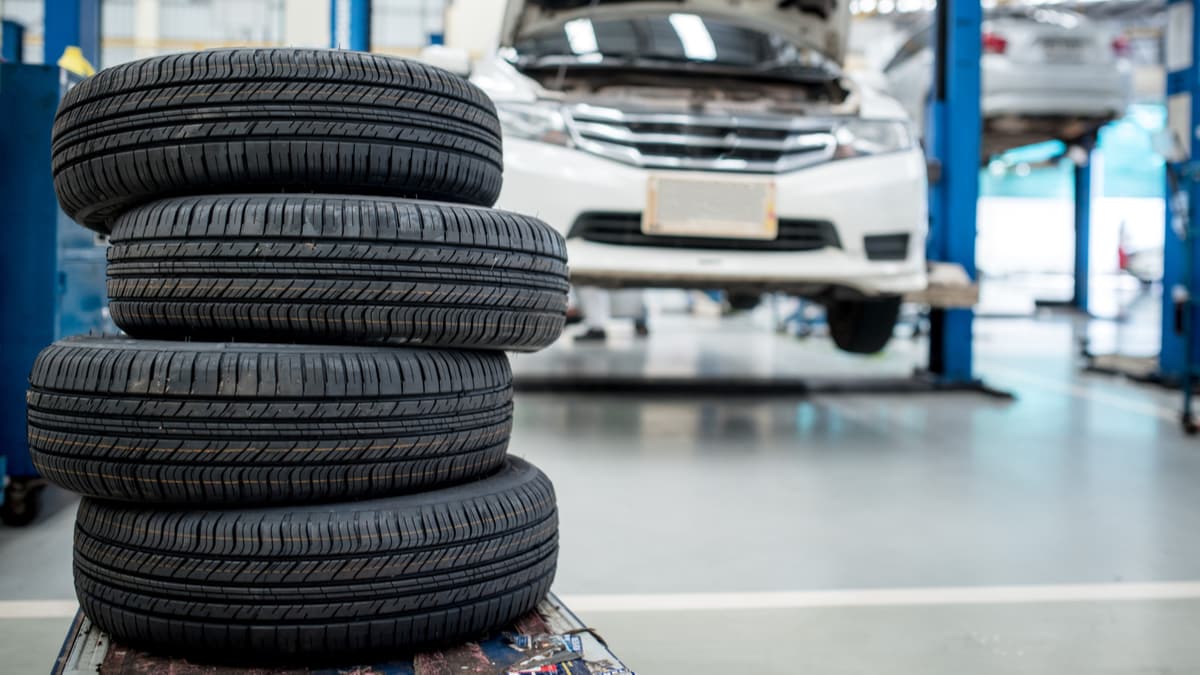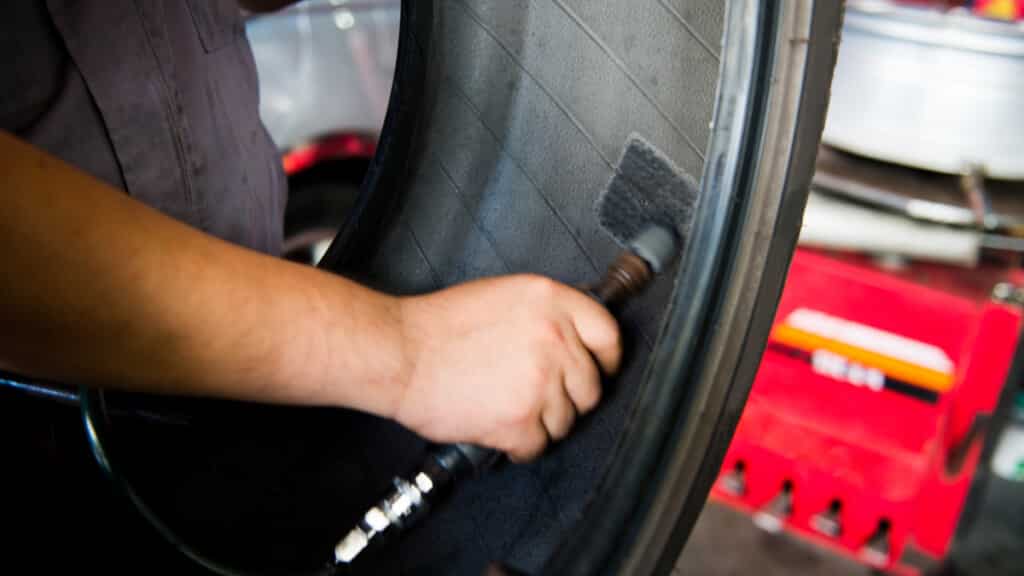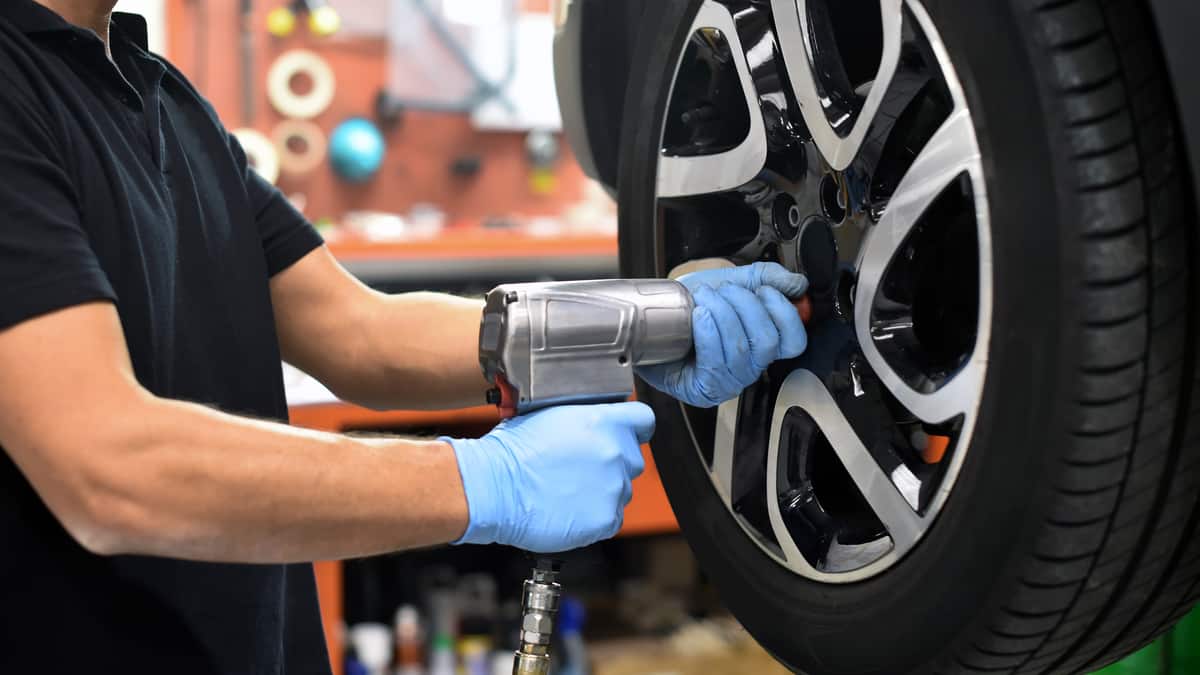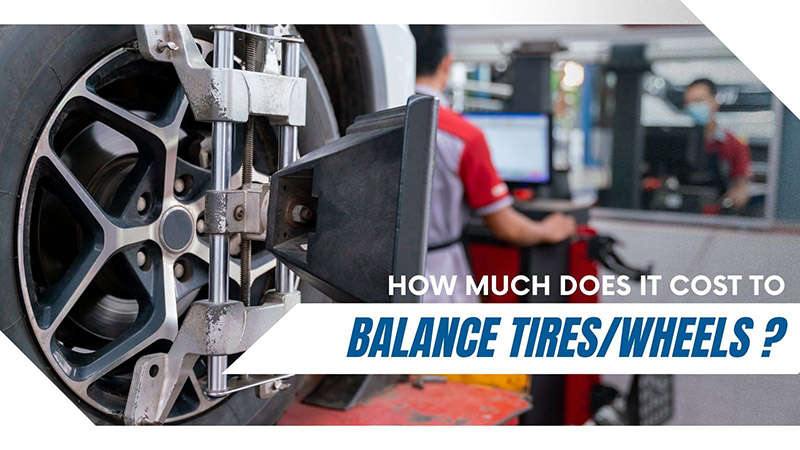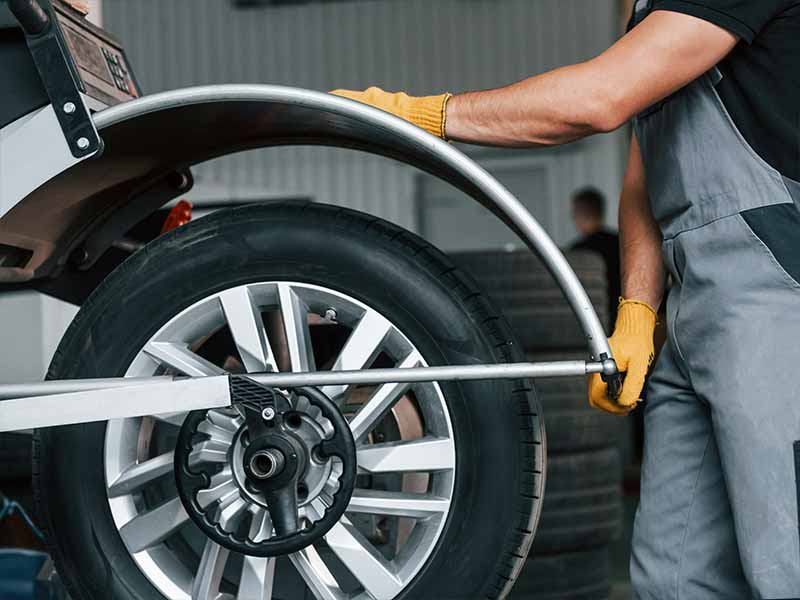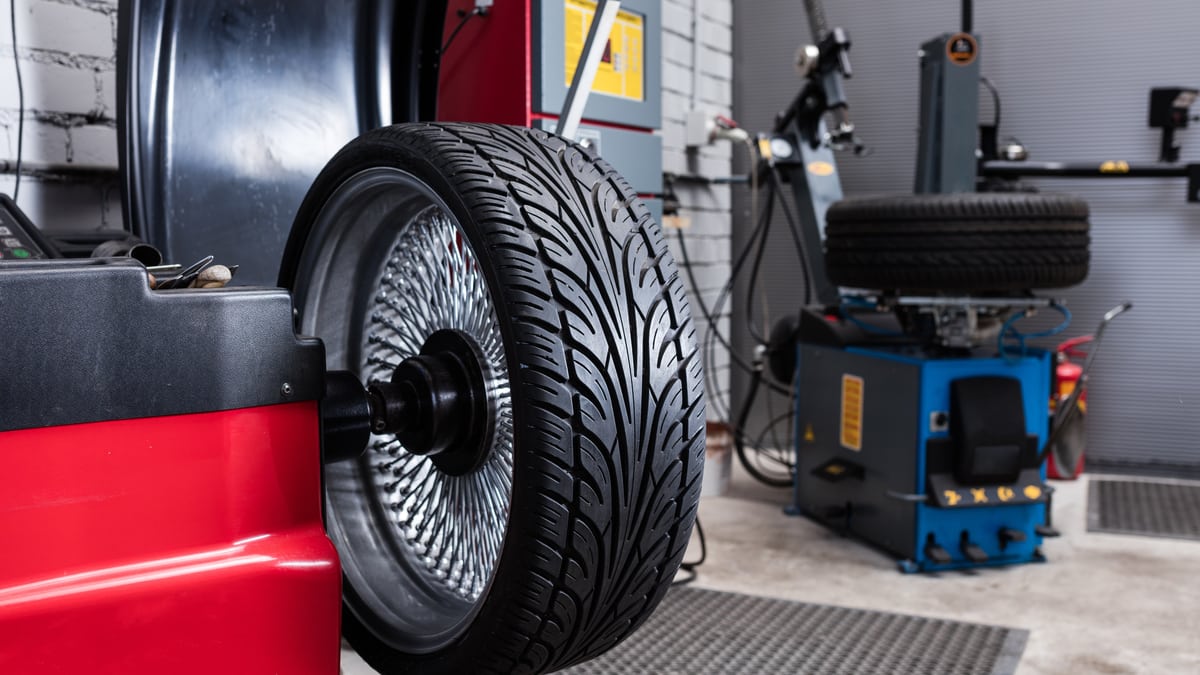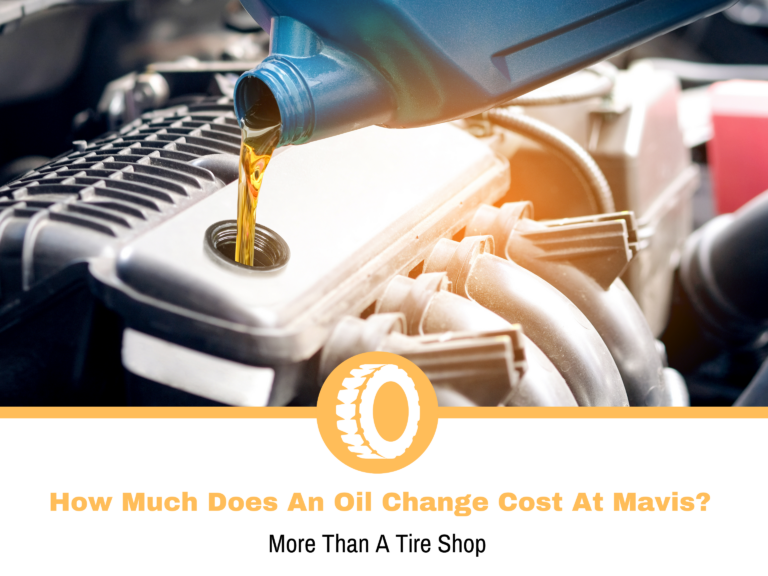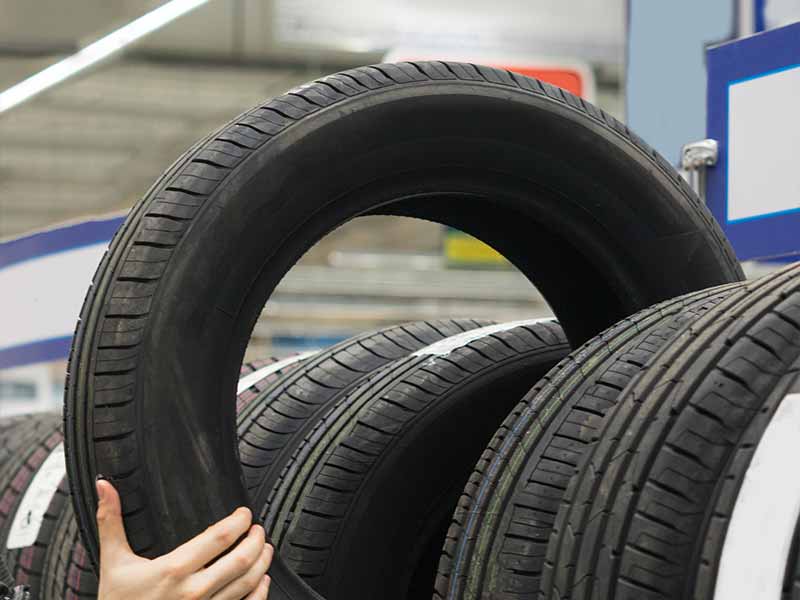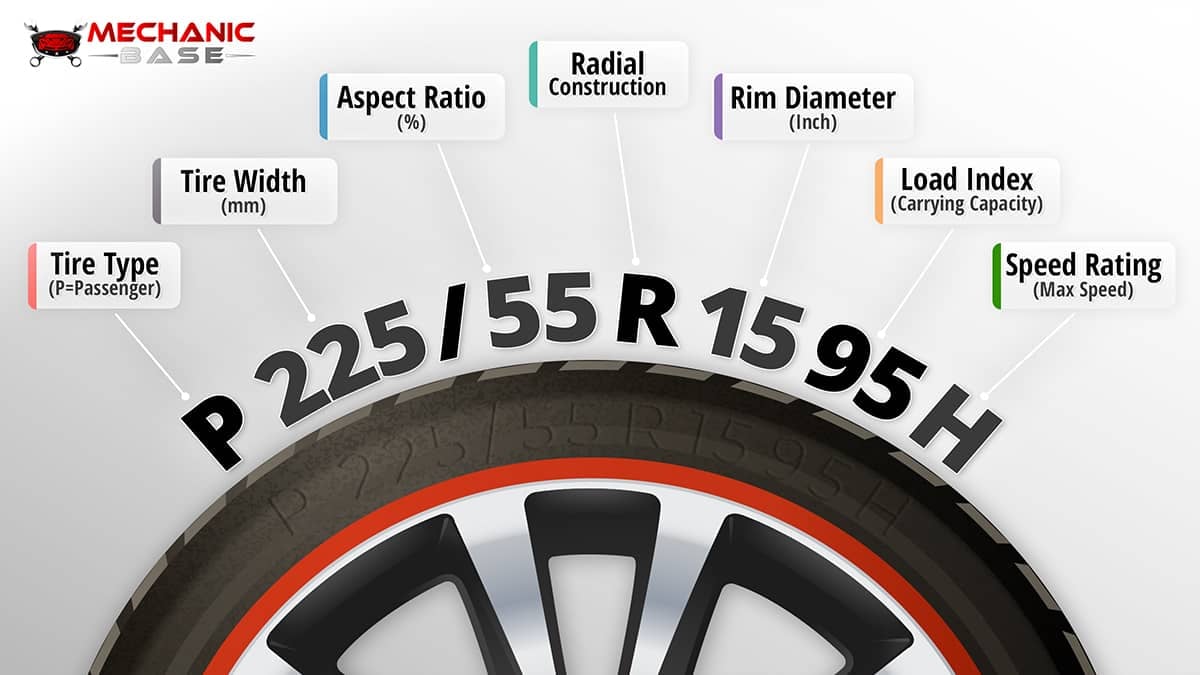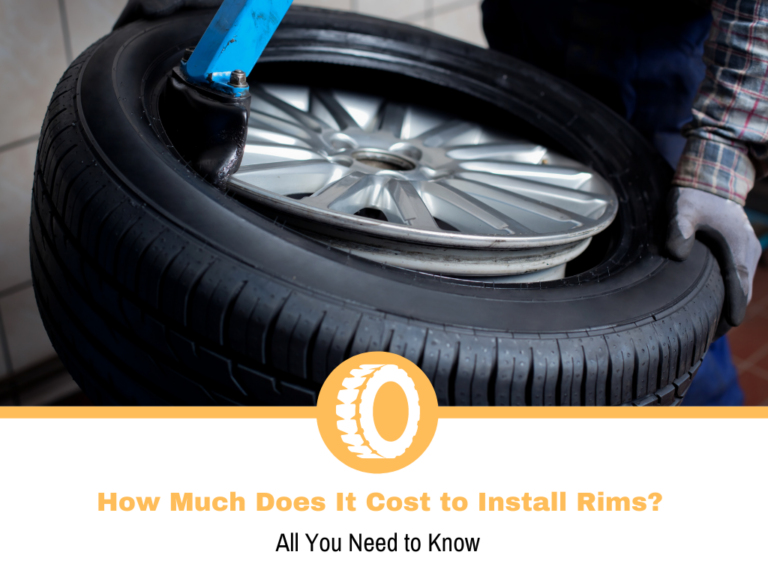How Much Does It Cost To Change Your Tires

Tire change costs are surging, leaving drivers scrambling to understand the new financial impact. Expect to pay anywhere from $50 to upwards of $250 per tire change, depending on factors like location, tire type, and service complexity.
The price of a tire change isn't just about the labor involved; it encompasses several elements that contribute to the final bill. Understanding these components is crucial for budget-conscious drivers seeking the best deal.
Breaking Down the Costs
Labor Costs: The basic service includes removing the old tire, mounting the new one, balancing it, and installing it on your vehicle. Labor charges can range from $15 to $45 per tire at a standard mechanic shop.
Specialty shops, especially those dealing with performance or oversized tires, may charge significantly more. Expect to pay a higher premium in urban areas compared to rural ones.
Balancing and Mounting Fees: These are often bundled with the labor but can be itemized. Balancing ensures even wear, costing roughly $10 to $20 per tire.
Mounting the tire to the rim may incur a separate fee, typically around $5 to $15 per tire. Ignoring these crucial steps may lead to vehicle instability and premature tire wear.
Additional Services: Valve stem replacement is often recommended during a tire change, costing around $3 to $7 per stem. Disposal fees for old tires can add another $3 to $10 per tire.
Some shops may offer tire rotation services, which are separate and often recommended every 5,000 to 8,000 miles. This can prolong the life of your new tires.
Location, Location, Location
Where you get your tires changed dramatically affects the price. Dealerships usually charge the highest rates, often exceeding $100 per tire for a complete change.
Independent tire shops and national chains like Discount Tire or Firestone tend to offer more competitive pricing. Membership-based retailers like Costco or Sam's Club can provide even better deals, but often require tire purchase from them.
Online retailers that offer installation services are also becoming popular. Amazon, for example, partners with local shops for installation after you purchase tires on their site.
DIY vs. Professional Installation
Changing your own tires can save money on labor costs. However, it requires specialized tools, knowledge, and physical strength.
Improper installation can lead to serious safety risks, including wheel detachment and accidents. If you're not comfortable or experienced, professional installation is always the safer bet.
Tools like a car jack, lug wrench, and tire pressure gauge are essential for DIY tire changes. A wheel chock is also crucial for preventing the vehicle from rolling.
Factors Affecting Price
Tire Size and Type: Larger tires and specialized tires (run-flat, performance) are more expensive to change due to the increased labor and equipment needed. Low-profile tires often require special tools and techniques, which increases costs.
Vehicle Type: Some vehicles, like trucks and SUVs, may have higher labor rates due to the larger size and weight of their tires. Vehicles with advanced sensor systems (TPMS) may require additional service and costs.
Shop Reputation and Expertise: Established and reputable shops often charge more for their services, reflecting their experience and quality of work. Online reviews can offer insights into shop reliability and pricing transparency.
Finding the Best Deal
Call multiple shops for quotes, being sure to ask about all included services and potential hidden fees. Compare online prices with local shop estimates to identify the most competitive offers.
Look for seasonal promotions and discounts, especially during tire sales events. Consider buying tires from membership-based retailers for potential savings on installation.
Read customer reviews to ensure you're getting quality service at a fair price. Don't solely focus on price; prioritize safety and reliability.
Next Steps
Drivers are advised to regularly check tire pressure and tread depth. Scheduled tire rotations and alignments can extend tire life and improve vehicle safety.
Stay informed about tire sales and promotions from reputable retailers. Budget for tire maintenance and replacement as part of your vehicle ownership costs.
The tire industry is continuously evolving, with new technologies and services emerging. Staying informed can help consumers make educated choices for safety.

